– What we need is for the war to end. Hungary’s economic woes stem from the war – Prime Minister Viktor Orban said in an interview on Kossuth Radio’s Good Morning, Hungary program, where he emphasized that the European Union's sanctions were misguided, as they led to increased energy prices, which in turn caused inflation.
The price of war
The mood's changed. We’re in the third year of this crisis, and unless we can bring it to an end, the vitality of the economy won’t return. And without that, good numbers alone won't cut it. Being content with the current situation will not lead to economic growth,
– he added.
The war brings suffering, which is the most important argument against it, Mr. Orban noted, adding that the war is also a blow to the Hungarian economy.
We’ve accomplished all we can, but we need a key player who’s strong enough to establish peace, which is why the U.S. election was so significant,
– Mr. Orban said. He emphasized that Donald Trump’s returned, therefore Hungary has to well though-out, robust "peace budget," which parliament will soon review. He noted that 2025 will bring new such developments to Hungary that have never occurred before, which he described as “fantastic."
Double family tax benefits and wage negotiations
This budget reflects a new economic policy. We are closing out a challenging period, new perspectives are emerging, so wea re doubling the family tax benefits and engaging in wage negotiations with unions and employers," said the Prime Minister.
– the prime minister said. He continued by pointing out that "with prices rising, the government has set a multi-year target to reach an average income of one million forints." Mr. Orban also underlined that another goal was to ensure affordable home creation and housing costs. For those under 35, a housing allowance of up to 150,000 forints monthly – or 1.8 million forints annually – will be made available, which can be applied toward rent or mortgage payments. The government isn't heading towards the creation of state-funded rental apartments, as that would revive the old and outdated rental practices. Instead, companies offering housing support to their mployees will gain a competitive edge in attracting young talent," he added.
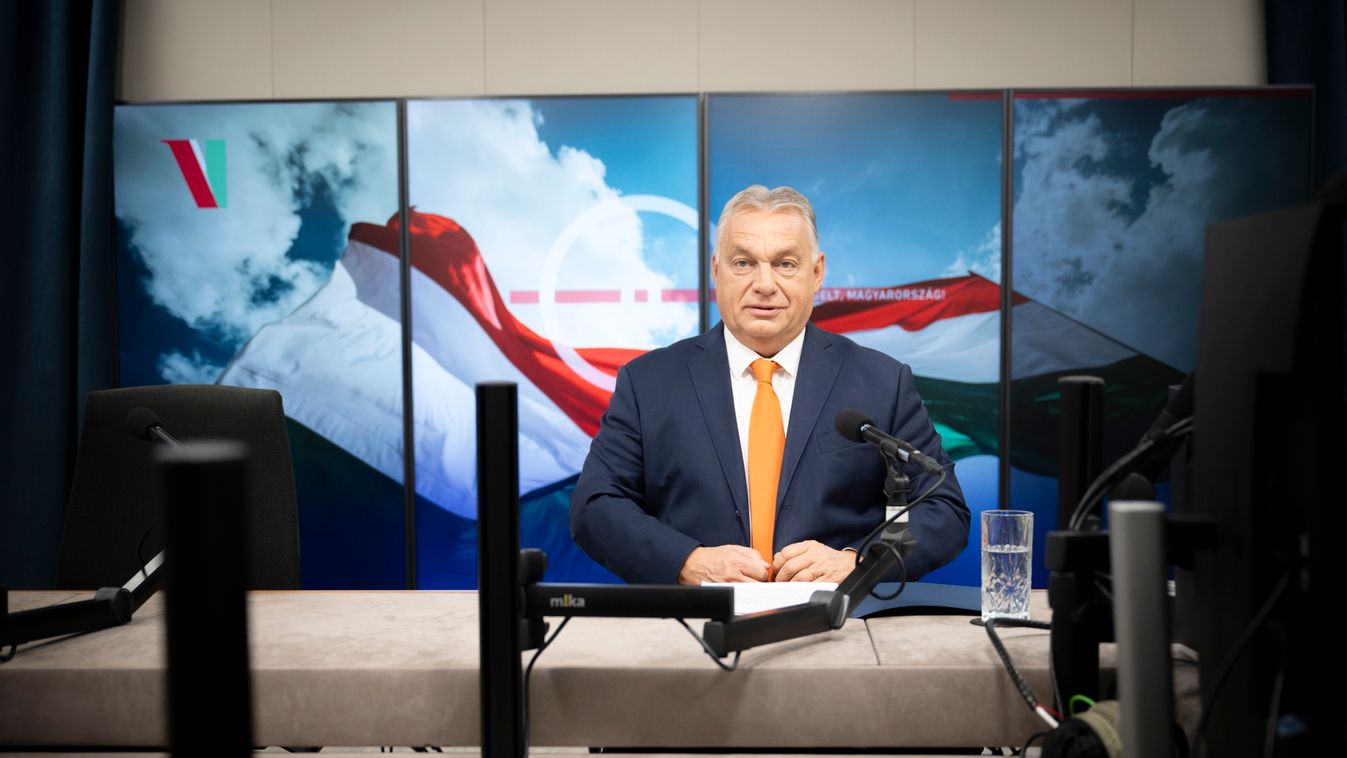
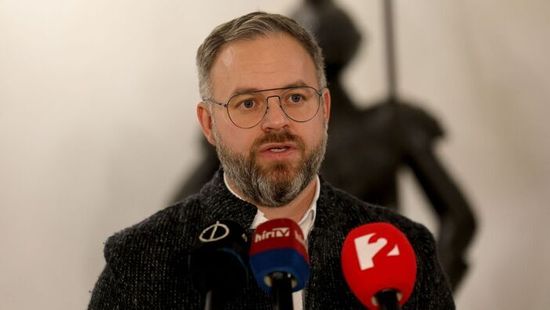
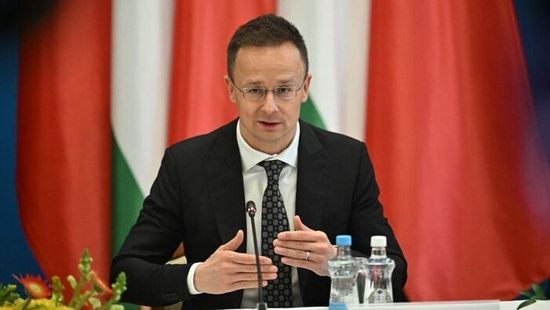
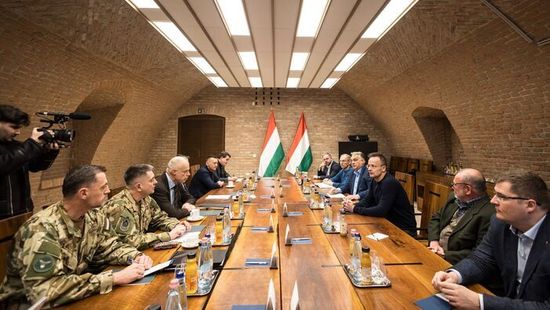


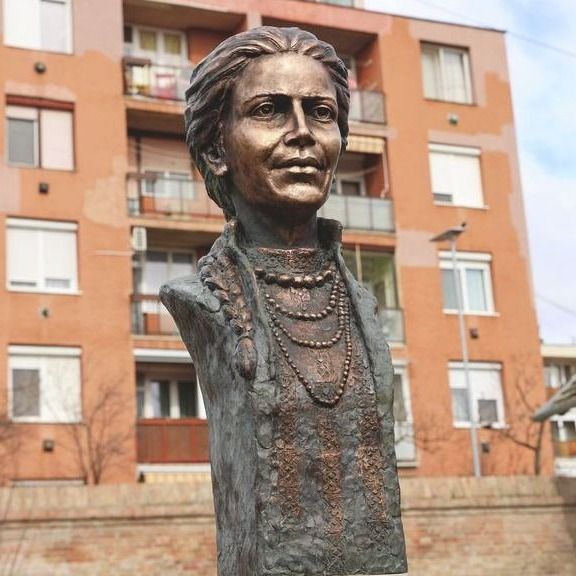

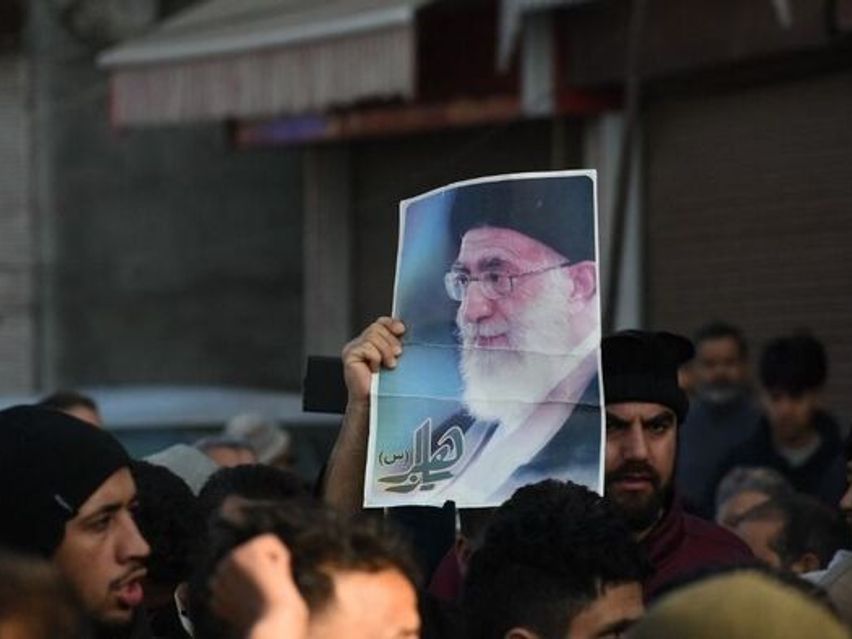



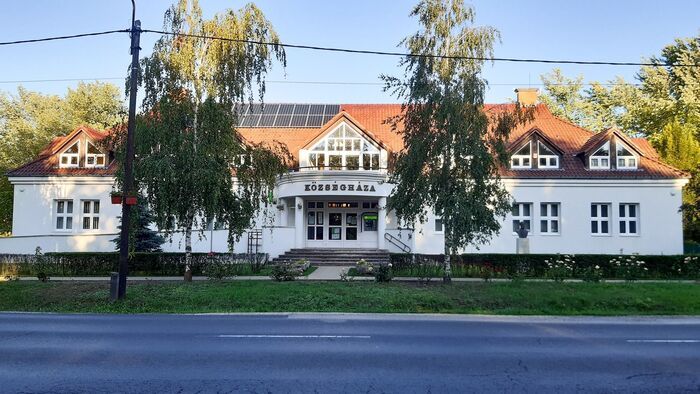
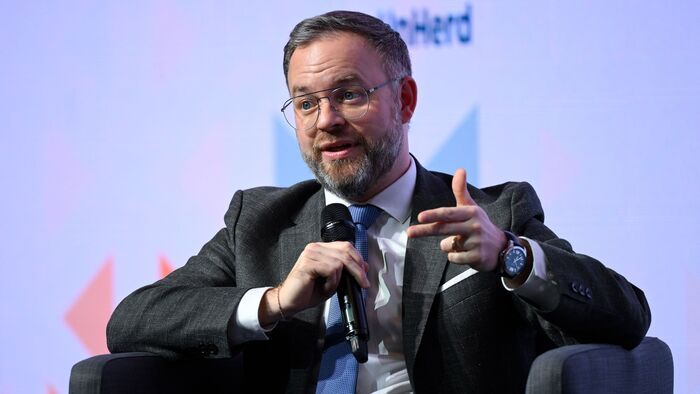
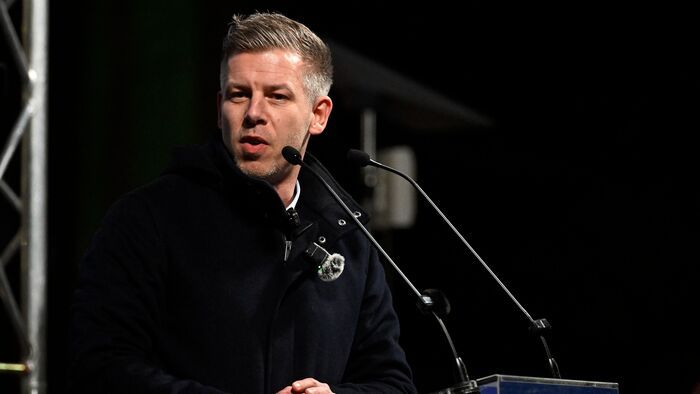

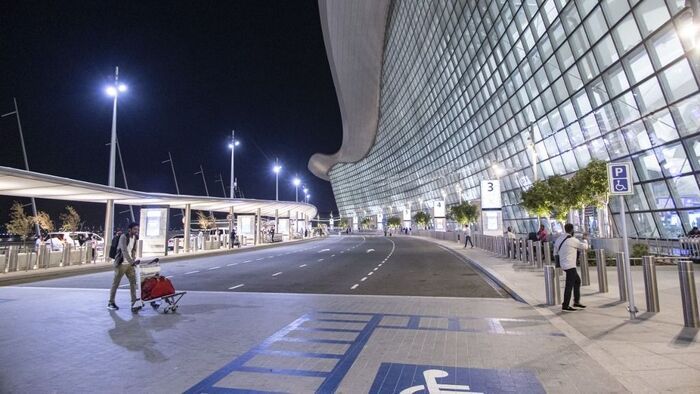
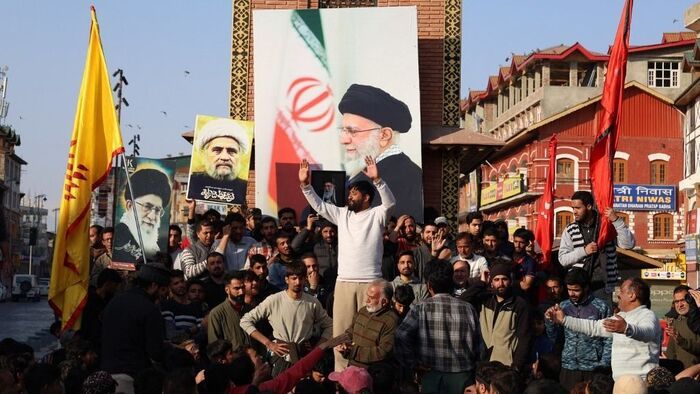

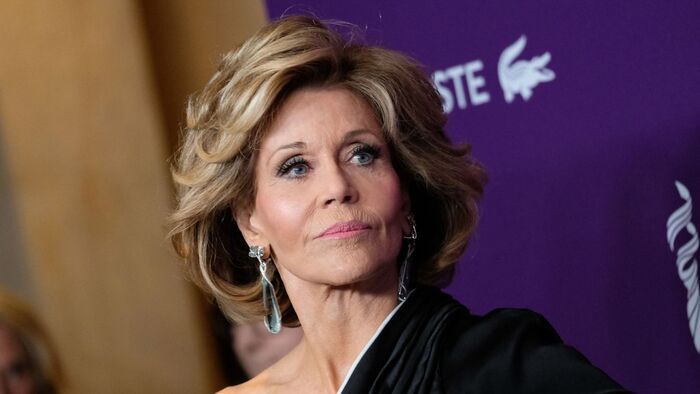
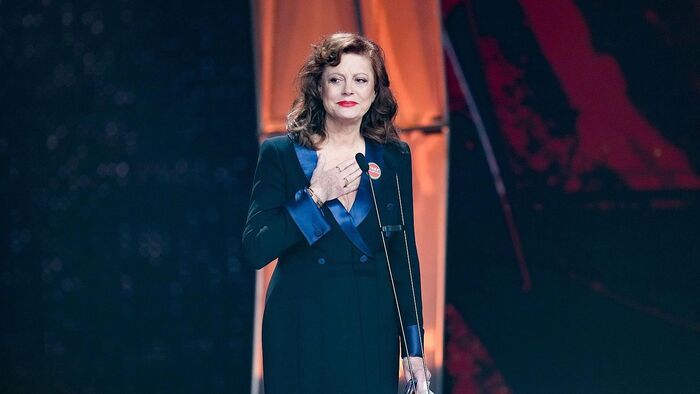


Szóljon hozzá!
Jelenleg csak a hozzászólások egy kis részét látja. Hozzászóláshoz és a további kommentek megtekintéséhez lépjen be, vagy regisztráljon!